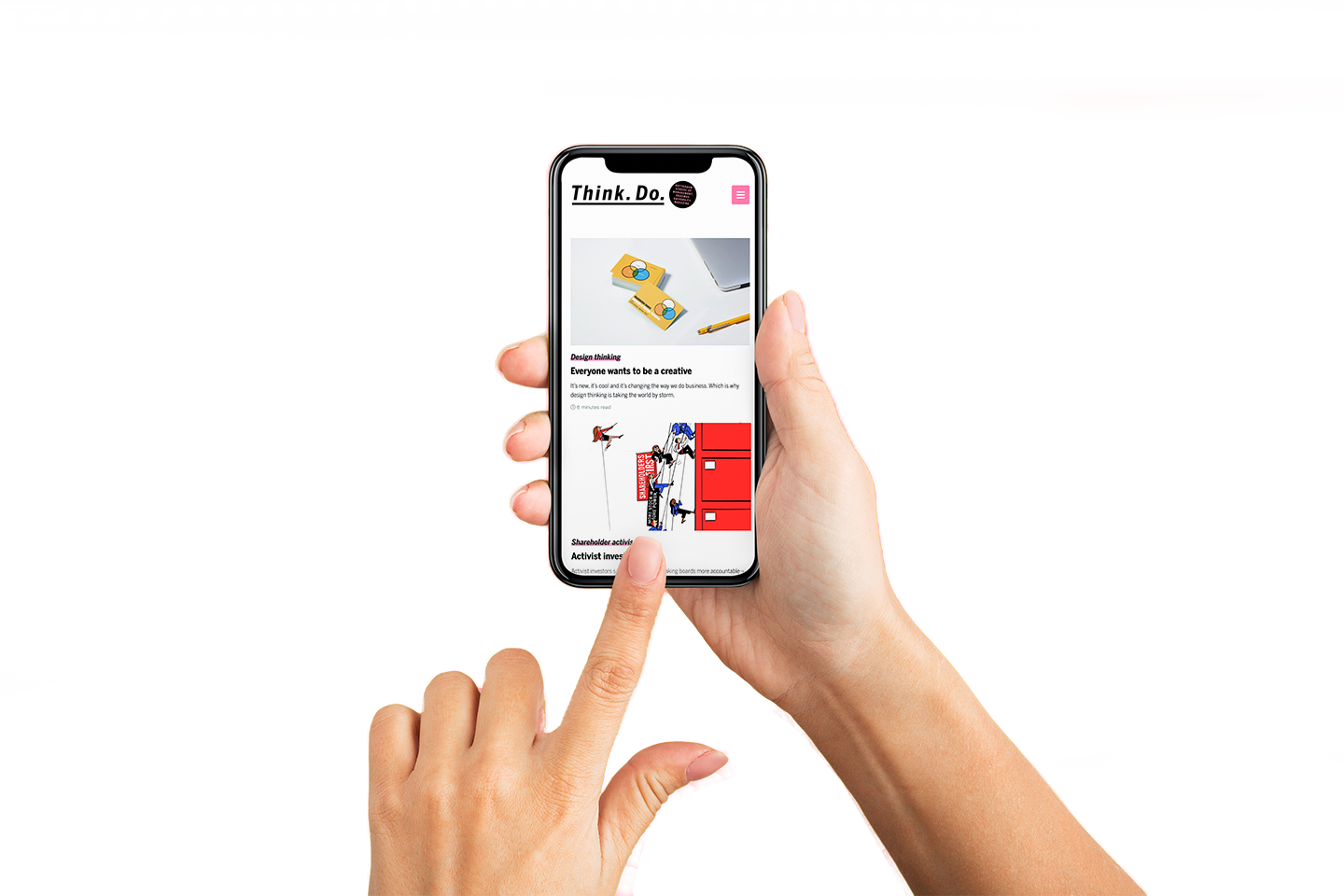Don’t make assumptions about low-income markets
Building a business in markets like Africa and South America takes more than a cookie-cutter solution. This is what you need to know, says Professor Tashmia Ismail

Forget everything you think you know
You may have the training. You may have the experience. But that could all count for nothing when it comes to actually delivering. Everything you and your managers know about developed markets may leave you at a loss when it comes to the specific challenges of less developed markets, such as those in India, Africa or South America, where the motivations of consumers and the requirements of managers and businesses can be very different. For example, a bank in South Africa wanted to convert corner stores into mini-bank branches, where people could withdraw and deposit money and check their balances. Their thinking was that using someone local as the face of the bank would build trust. But when the technology failed the attempt to ‘be local’ escalated the problem. Not only had the customers’ privacy been breached, but now there was a possibility that their financial situation – good or bad – would become common knowledge among people in their local community. The bank mistakenly imagined that simply having a well-known local face representing their brand would trump data security.
Think global pipelines, local buzz
When you spot a global leap forward, think about how you might unpack it for a local market. The Kenyan telecoms market, which was liberalised in the early 2000s, is a great example. In this new world, telcos could innovate, completely unencumbered by the baggage of the old banks. By 2007, Vodafone and Safaricom had launched M-PESA in Kenya, a mobile wallet that enabled consumers to send and receive micropayments. Previously, you had to pay someone to physically take your money to your family, or to another business. Now, you could send micropayments anywhere with your phone for free. It was hugely successful – at one point, six per cent of Kenya’s GDP was coming in through M-PESA remittances. But it also resulted in many unexpected benefits. For example, it stimulated female entrepreneurship because it gave women more power over what they did with their own money.
Spend time in the market you want to reach
Knowing your market is vital wherever you’re working. But the crucial difference in low-income markets is that you can’t necessarily get data insights you need. So you have to be on the ground. Don’t imagine that you can sit in an office thousands of miles away from your market and build a model that works. You need to understand local norms, needs and models, based on your time in the market and empathy-led design-thinking models. Frugal innovation, for example, is key: how do you make more with less? How do you think with the mindset of a person with very little in their wallet, and design in a way that meets their needs? For example, when NCBA Bank Kenya wanted to create a suite of products that could run on the M-PESA platform, they asked customers what they wanted from the bank. One key insight was that those who were earning money were constantly expected to lend it out to other members of their community, or family – so they couldn’t ever save. So the bank designed a locked savings account, where money couldn’t be taken out for 60 days. When they were approached by community member to lend money, savers had a valid excuse to refuse – their money was locked – meaning that they didn’t lose their social capital or standing in the community.
Be prepared to start again from scratch
It’s entirely possible to succeed – but you must do the work. A global construction company which wanted to reach lower-income communities in Mexico decided to make smaller bags of cement that would be more affordable. Nobody bought them – because in those communities, having a large bag of cement outside your front door is aspirational. When the company examined what had gone wrong, it discovered that the real barriers to cement use in Mexico had nothing to do with cement. It had to do with the difficulties of home building in these low-income communities, where people struggled to save and where a home build was a long-term goal. So, the company started again from scratch. By spending time in the market, they began to better understand the social, literacy and design issues around home building, and introduced a new model that supported families – and built thousands of homes.
Find opportunities in wicked problems
Poverty, inadequate housing, lack of access to clean water, food security, the threats of climate change – solving these wicked problems doesn’t just make a huge difference to communities, but they also represent big opportunities to grow your business. Solutions are a fantastic starting point for entrepreneurs in low-income countries. It never ceases to amaze me how many entrepreneurs are trying to solve problems that don’t need solving – and ignoring ones that do. Go out and talk to people about what problem they need to be solved. They’ll tell you – and that’s your business model right there.
Professor Tashmia Ismail is currently Chief Business Development Officer at innovation agency Mitacs. She is former Head of the Inclusive Markets Programme at the Gordon Institute of Business Science (GIBS) in Johannesburg, South Africa, which specialises in understanding business models in institutionally fragile countries where the majority are on lower incomes.



